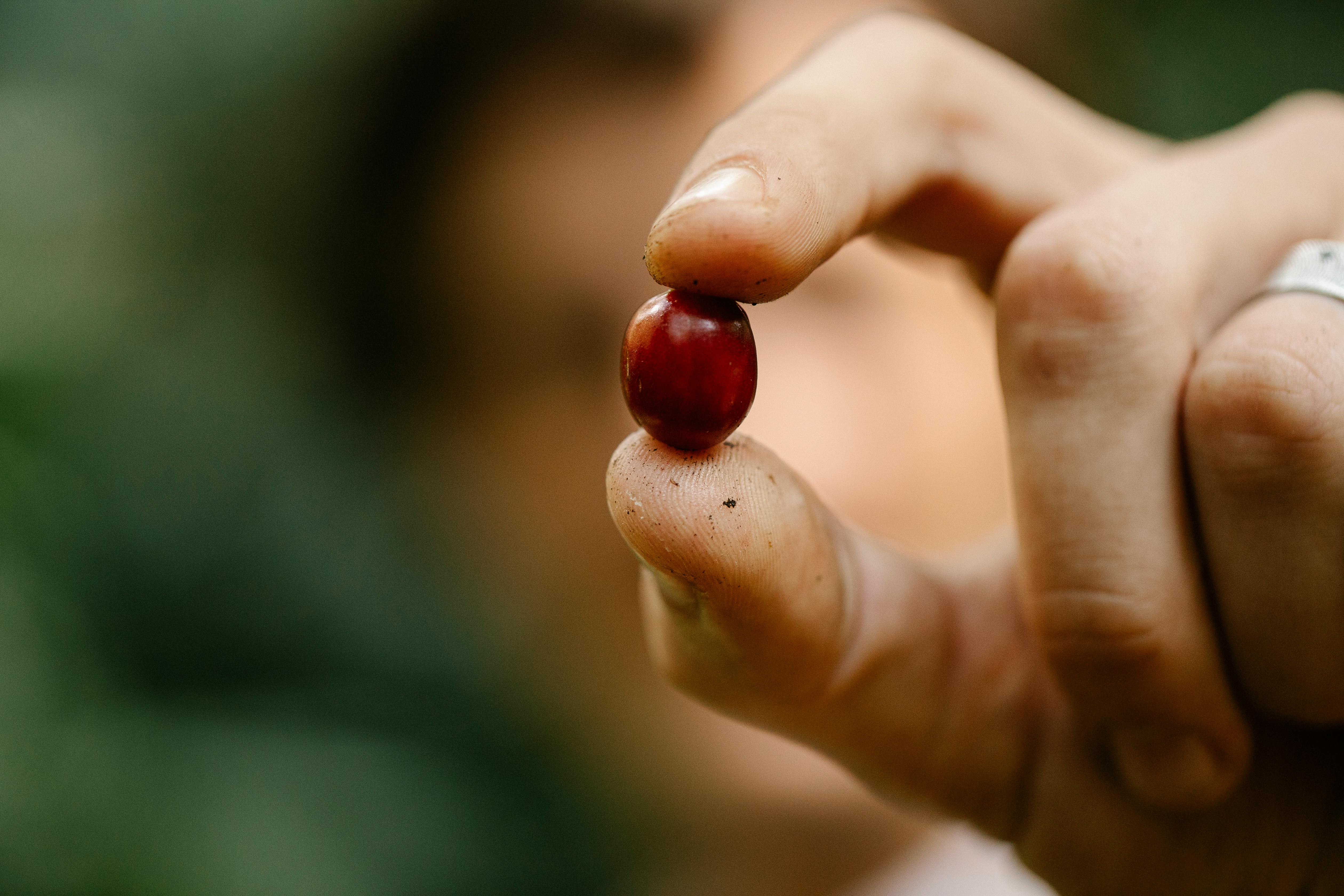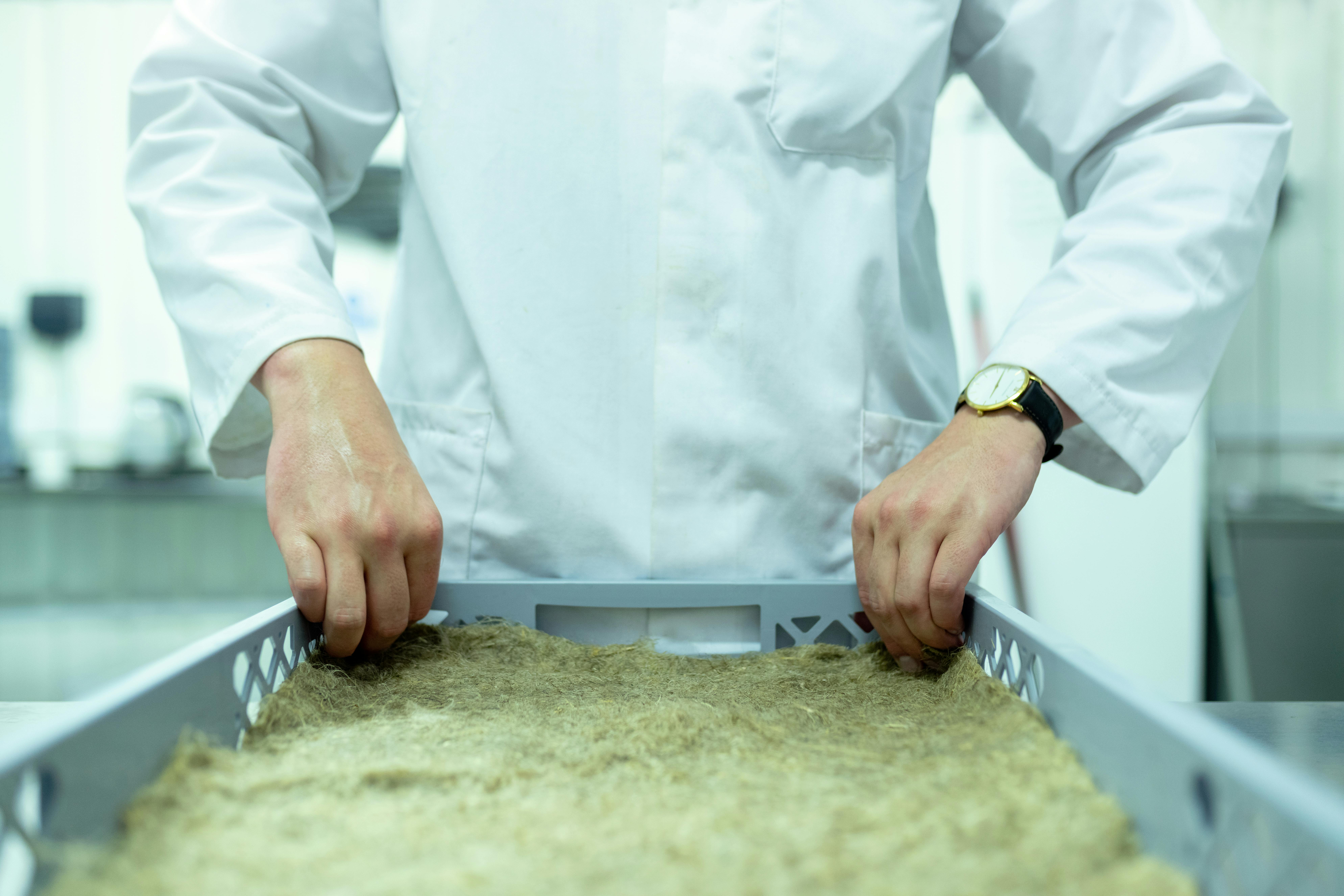From Soil to Plate: The Rise of Organic Farming Among World Farmers
- 12/10/2023
- 949 Views

Photo by Michael Burrows on Pexels
From Soil to Plate: The Rise of Organic Farming Among World Farmers
What is Organic Farming?
Organic farming is an agricultural approach that prioritizes sustainable and environmentally friendly practices. It focuses on using natural substances and techniques to cultivate crops and raise livestock, aiming to minimize synthetic inputs such as pesticides, fertilizers, and genetically modified organisms (GMOs).
The Growing Popularity of Organic Farming
Over the past few decades, there has been a significant increase in the demand for organically produced food. Consumers are now more conscious of the potential harmful effects of chemical residues found in conventionally grown crops, and the negative impact of industrial farming on ecosystems. As a result, organic farming has gained popularity among farmers worldwide.
Organic farming promotes biodiversity by avoiding chemical inputs that harm natural ecosystems. It strives to maintain healthy soils by incorporating practices such as crop rotation, composting, and the use of animal manures. By focusing on soil health, organic farmers can provide vital nutrients to their crops and create a sustainable farming system.
Moreover, organic farming encourages animal welfare and harmonious livestock management. Animals are given access to natural pastures and are not exposed to antibiotics or growth hormones, ensuring they lead a healthier and more natural life. This, in turn, impacts the quality of organic products, making them more appealing to health-conscious consumers.
The Benefits of Organic Farming
Organic farming has numerous benefits, both for consumers and farmers:
1. Healthier Food: By avoiding the use of synthetic pesticides and fertilizers, organic farming produces food that is less likely to contain harmful residues. This makes organic food a healthier and safer option for consumption, reducing the risk of pesticide-related health issues.
2. Environmental Sustainability: Organic farming practices prioritize soil and water conservation, reducing pollution and soil degradation. This helps preserve biodiversity and promotes a more sustainable use of natural resources, leading to a healthier planet for future generations.
3. Economic Stability for Farmers: By adopting organic farming methods, farmers can reduce their dependency on expensive synthetic inputs. Additionally, the ever-increasing demand for organic products provides a stable market for farmers, ensuring better prices for their produce.
The Future of Organic Farming
The rise in support for organic farming is expected to continue worldwide. The demand for organic products is projected to increase as more consumers recognize the benefits of this farming approach. Furthermore, governments and international organizations are encouraging sustainable agricultural practices to combat climate change and ensure food security.
As organic farming becomes more prevalent, farmers will have the opportunity to transition towards sustainable practices and contribute to a healthier and more environmentally friendly food system. By supporting organic farming, we can collectively work towards a greener future, promoting ecological preservation and healthier eating habits.


